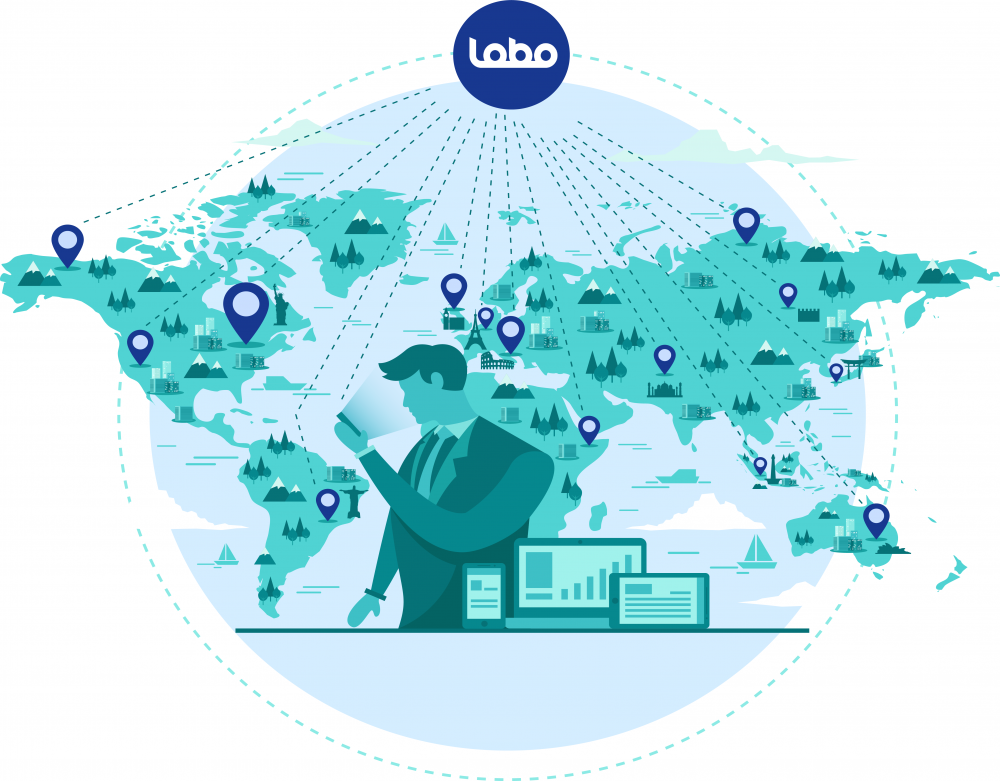The Future of Education – How technology and data will transform the education sector in the Middle East and beyond
27December2018

27December2018

The volatile nature of employment in the GCC, coupled with rising costs and increased access to information is rapidly transforming the education as we know it. A total of 17 new schools are expected to open in the UAE for the 2018 - 2019 academic year, 13 of which are located in Dubai.
If you’re a parent who’s looking for the best opportunities for your child, a working professional looking to enhance his or her career or an overly ambitious child who is looking at future employment opportunities on our website, here are some things to expect.
The Future of the Student’s Journey
An engaging education experience for students is one that is agile, personalized and well-regulated, and that serves as a platform to transform every touchpoint during a student’s lifetime as a platform to transform every touchpoint during a student lifetime with the institution. Today’s students expect a learning experience that is commensurate to the digital world that they occupy, and learning models that infuse multimedia content and digitally-transformed content delivery modes.
The Future of Teaching
Teachers look towards technology as an enabler of more engaging lessons and experiences, improved communication with external partners such as parents and peers, and better integration with administrative systems. Whether in terms of course planning for the term or the year, the handling of assignments during the academic programme, or the ability to interact with students, the guardians and the administration in an instant, multimedia manner, teachers can be supported with solutions that would serve to distinguish the educational offering from competition.
The Future of School Administration
Educational administration departments rely on technology to improve archiving and record-keeping, to offer a customized experience to customers and to seamlessly align with regulators, authorities and their vision. By digitizing processes, the administration is empowered with the abilities to effectively store, manage and access student data, as well as those around human resources and financials, for regulatory purposes as well as for process optimization.
Artificial Intelligence Supplementing the Intelligence of Our Youth
Alluding to the benefits of tech-based educational tools, the use of virtual reality devices allows for 93% of the information presented to be immediately retained, compare to just 73% retention using traditional aids. For instance, the British University in Dubai has launched the country’s first bachelors degree in artificial intelligence to support the UAE’s 2031 AI strategy. BUiD, the research-based university, said the degree has been developed in collaboration with the University of Edinburgh and is open to both Emiratis and expatriates.
The Future of Inclusion
To manage the right balance of services, fully or partially inclusive schools will offer support resources for mild and moderate cases, and partner with external service providers on an as-needed basis. GCC education systems will also integrate assistive technologies. These are devices that help people with disabilities perform daily activities with greater independence. Education systems can combine increasingly advanced assistive technology with different educational methodologies - such as ‘flipped classrooms’ and virtual reality - to support social and educational inclusion.



For better web experience, please use the website in portrait mode